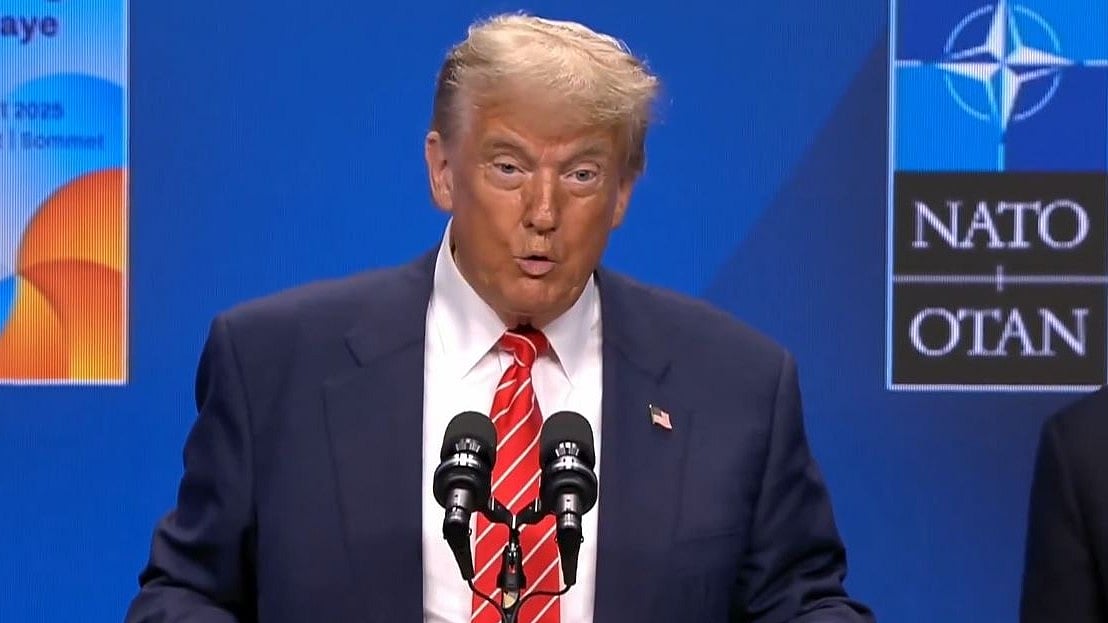Reserve Bank Governor Sanjay Malhotra on Wednesday said threats from money laundering and terror financing to the national and global financial systems are continuously evolving and becoming more sophisticated primarily due to technological advancements.
Malhotra called for close cooperation among various stakeholders—government agencies, financial entities in the public and private sectors, civil society, and others—to effectively counter these threats.
Fighting Threats Through Resilient Systems
Strong public-private partnerships, RBI Governor said, form the bedrock for safeguarding the integrity of the financial system.
He further emphasized that “through our collaborative efforts, we can safeguard the trust that underpins the global financial framework.
“Let’s build financial systems that not only thwart the attempts of money laundering, terror financing and proliferation financing, but also support financial inclusion, encourage innovation, and facilitate economic growth.
“In India, we recognize the importance of close cooperation between public and private sector stakeholders in achieving these goals. RBI, as the regulator and supervisor of a large segment of the financial system in India has diligently and consistently worked towards building and ensuring implementation of a strong framework in this segment of the financial system, in line with FATF recommendations,” he underlined.

India accords immense importance to anti-money laundering and countering the financing of terrorism. Last year, India underwent a mutual evaluation by the FATF. India was placed in the ‘regular follow-up’ category, a distinction shared by only a few other G20 countries. |
Malhotra was addressing the first private sector collaborative forum of the Financial Action Task Force (FATF) in Mumbai.
India accords immense importance to anti-money laundering and countering the financing of terrorism. Last year, India underwent a mutual evaluation by the FATF. India was placed in the ‘regular follow-up’ category, a distinction shared by only a few other G20 countries.
“It demonstrates our commitment to anti-money laundering and countering the financing of terrorism. This is a result of many years of building and continuously improving and strengthening the financial system of our country. This was possible due to the collaborative efforts of all stakeholders, led by the government, including financial entities and designated non-financial businesses and professions in the private and public sector, regulators, and the state governments,” Malhotra added.
Breaking The Back Of Illegal Financial Activities
In his previous role as the Secretary in the Department of Revenue, Ministry of Finance, Malhotra had been closely associated with the FATF during mutual evaluations in 2024.
The private sector, the governor said, plays a vital role in keeping the financial systems secure. Their role in implementing due diligence procedures, conducting robust risk assessments, monitoring transactions, and reporting suspicious activities is critical for preventing the abuse of the financial system. They identify suspicious activities and help government agencies in destroying illicit financial networks.
He complimented all the stakeholders, especially the regulated entities in the financial sector as well as the designated non-financial businesses and professions for the successful mutual evaluation.

“Similarly, even while implementing the legal framework and regulations, we need to keep in mind the impact on persons and businesses. Risk-based approach is recommended in this regard. But let us keep in mind that this is only a step forward in reducing compliance burden. | Freepik
The mutual evaluation process was rigorous and detailed. We are determined to further strengthen our financial system to deter and combat illicit financial activities taking into consideration the recommendations made during the evaluation.
“While we all continue to make our financial systems safe and secure against money laundering and terror financing, we as policymakers need to be mindful that our measures are not over-zealous and do not stifle legitimate activities and investments. Multiple laws and rules, each with their own level of granularity cast a high level of burden of compliance on the regulated financial service providers,” he added.
“This is relevant in the context of money laundering and terror financing too. Therefore, we need to have laws and regulations which, with surgical precision, target only the illegitimate and illicit, rather than use them as blunt tools which unintentionally hurt even the honest,” he added.
“Similarly, even while implementing the legal framework and regulations, we need to keep in mind the impact on persons and businesses. Risk-based approach is recommended in this regard. But let us keep in mind that this is only a step forward in reducing compliance burden.
“We need to continuously refine and improve our risk assessment models to make them robust. To make these improvements, we need to improve the quality of our data and harness emerging technologies. This will help improve screening of transactions and detection of suspicious activities thereby reducing false positives and false negatives.

He urged all to discuss and share best practices in identification, mitigation and supervision of risks. This will not only help to reduce compliance burden on the regulated entities but also result in optimal allocation of supervisory resources. | Representative Image
Customer Rights In Focus
“Considering the evolving landscape in the area of money laundering resulting from changing customer behaviour and evolving products and services, we need to continuously augment anti-money laundering “The focus has to be on understanding the latest trends and developments in the financial world that can be exploited by criminals and accordingly develop tools and enabling frameworks that will allow us to detect suspicious transactions and activities early and take pre-emptive action,” he added.
With the adoption of new technological tools and models, risk assessments can be further fine-tuned.
He urged all to discuss and share best practices in identification, mitigation and supervision of risks. This will not only help to reduce compliance burden on the regulated entities but also result in optimal allocation of supervisory resources.
“While India has made remarkable progress in financial inclusion, we need to ensure that we continue to widen and deepen it. It must be ensured that regulations do not create unintended barriers to financial inclusion. We need to be mindful of customer rights and convenience while fulfilling the due diligence requirements,” RBI governor said.













